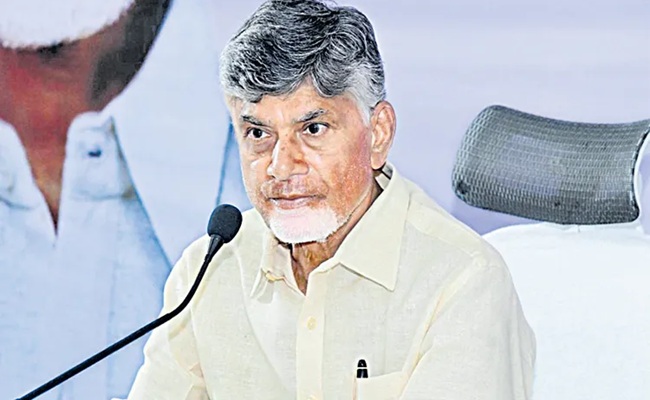In a bold move that has sent shockwaves through the political landscape of Andhra Pradesh, Chief Minister Chandrababu Naidu has reportedly compiled a secret hitlist targeting 75 Members of the Legislative Assembly (MLAs) who are allegedly guilty of indiscipline within the party. This unprecedented action follows a recent meeting between Naidu and senior party leaders, where he emphasized the need for strict adherence to party discipline and cohesion.
Sources close to the chief minister revealed that the list includes MLAs who have been publicly critical of party decisions, those who have failed to support party initiatives, and some who have been accused of engaging in anti-party activities. The move is seen as a necessary step to reinforce Naidu’s leadership and to ensure that the party remains united ahead of the upcoming elections.
The meeting, held at the party headquarters in Amaravati, highlighted Naidu’s growing frustration with the factionalism that has plagued the Telugu Desam Party (TDP) in recent months. As a seasoned politician, Naidu understands the importance of maintaining a strong front, particularly in light of rising competition from opposition parties. His resolve to take decisive action against perceived dissenters underscores a strategic shift aimed at consolidating power and preventing any potential rebellions.
Political analysts suggest that this drastic approach could serve as both a warning and a rallying cry for party members. By publicly addressing indiscipline, Naidu aims to instill a sense of accountability among his ranks, encouraging loyalty and cooperation as the party gears up for the electoral battle. However, the decision to compile a hitlist has drawn mixed reactions, with some party members expressing concern over the potential backlash and loss of morale among the ranks.
Opposition leaders have seized on the situation, accusing Naidu of authoritarianism and stifling dissent within the party. They argue that such tactics could alienate voters and erode the party’s grassroots support. Critics are already questioning whether this strategy will backfire, particularly in a political climate where public sentiment is increasingly favoring transparency and open dialogue.
As the fallout from the meeting continues, the 75 MLAs on the list find themselves in a precarious position. Some have already begun to distance themselves from the party leadership, while others are contemplating their next moves in light of Naidu’s intensified scrutiny. The situation remains fluid, and the coming weeks will be critical in determining how this internal conflict will shape the TDP’s campaign strategy moving forward.
With elections on the horizon, all eyes are on Chandrababu Naidu and his ability to navigate these turbulent waters. Whether his hitlist will strengthen his hold on power or lead to further divisions within the party remains to be seen. As the political landscape continues to evolve, one thing is clear: Naidu’s determination to assert control over his party is both a challenge and a gamble that could define his legacy as chief minister.



